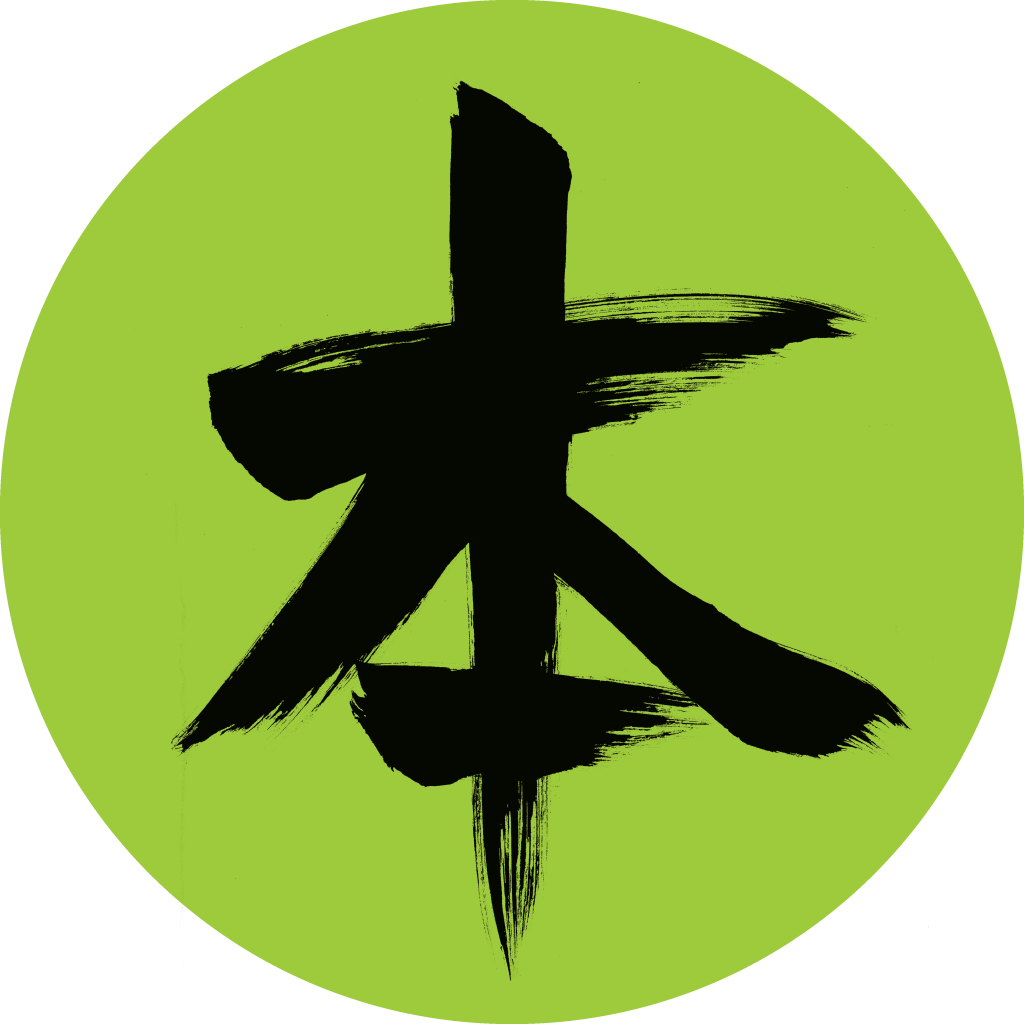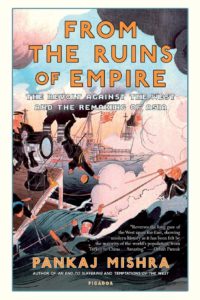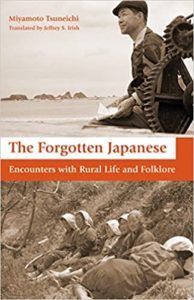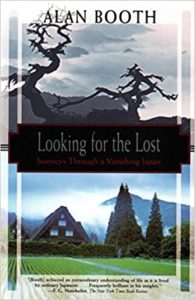Chad Kohalyk‘s Top Picks
Biography
The Great Successor: The Divinely Perfect Destiny of Brilliant Comrade Kim Jong Un by Anna Fifield (PublicAffairs, 2020)
Pop Culture
Pure Invention: How Japan’s Pop Culture Conquered the World by Matt Alt (Crown, 2020)
Fiction
Kafka on the Shore by Haruki Murakami (Vintage, 2006)
History
From the Ruins of Empire: The Revolt Against the West and the Remaking of Asia by Pankaj Mishra (Picador, reprint 2013)
Renae Lucas-Hall‘s Top Picks
Fiction
The Last Tea Bowl Thief by Jonelle Patrick (Seventh Street Books, 2020)
This well-written mystery set in feudal, wartime, and modern-day Japan deepened my understanding of Japanese pottery, haiku, tea ceremony, Buddhism, and social customs.
Novella
Ms Ice Sandwich by Mieko Kawakami (Transl. Louise Heal Kawai) (Pushkin Press, 2020)
A hyper-visual adolescent’s innocent crush on an older lady who works in a sandwich shop is coupled with the blossoming relationship he has with Tutti, a young girl in his class. This allows for a charming story that’s easy to read thanks to the superb translation by Louise Heal Kawai.
Young Adult
Indigo Girl by Suzanne Kamata (GemmaMedia, 2019)
Kamata’s writing is engaging and empowering in this story of a teenage girl with cerebral palsy who travels from Michigan to Shikoku to spend the summer with her Japanese father.
Non-Fiction
World Class: One Mother’s Journey Halfway Around the Globe in Search of the Best Education for Her Children, by Teru Clavel (Atria Books, reprint 2020)
I graduated from two universities and taught English for over 15 years. For me, this book focusing on education in Hong Kong, Shanghai, Tokyo, and the USA was fascinating.
Amy Chavez‘s Top Picks
Non-Fiction
The Forgotten Japanese by Miyamoto Tsuneichi (Transl. Jeffrey Irish)(Stone Bridge Press, 2010)
Renowned ethnologist Miyamoto Tsuneichi traveled around Japan interviewing villagers to learn about their traditional lifestyles of the late 19th and early 20th centuries. Fascinating! Read our mini-review.
Fiction
No-No Boy by John Okada (University of Washington Press, 2014)
One of the best books I’ve ever read, John Okada’s novel is about a ‘No-No boy,’ the term used to describe Japanese-American men who would neither denounce their Japanese heritage nor fight for the U.S. Army during WWII. A real eye-opener that every American should read.
Poetry
Japanese Death Poems by Yoel Hoffmann (Tuttle, reprint 2018)
 From tanka to haiku, written by princes, court nobles, samurai, Buddhist monks and priests, the death poem became a widespread practice among the common people in the Meiji Period (1868-1912). Here you’ll find the death poems of famous poets such as Yamato Teru no Mikoto, Hitomaro, Saigyo, Taira no Tadanori, Yosa Buson, Kobayashi Issa, and Hokusai. Read our review.
From tanka to haiku, written by princes, court nobles, samurai, Buddhist monks and priests, the death poem became a widespread practice among the common people in the Meiji Period (1868-1912). Here you’ll find the death poems of famous poets such as Yamato Teru no Mikoto, Hitomaro, Saigyo, Taira no Tadanori, Yosa Buson, Kobayashi Issa, and Hokusai. Read our review.
Travel
Looking for the Lost: Journeys Through a Vanishing Japan by Alan Booth (Kodansha Globe, 1996)
Booth’s Looking for the Lost is flawless travel writing and a reminder of what the genre should deliver among a plethora of worn, first-person travelogues brought on by the age of the internet.











